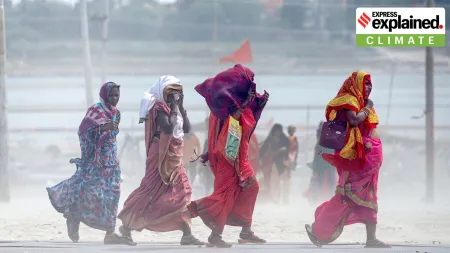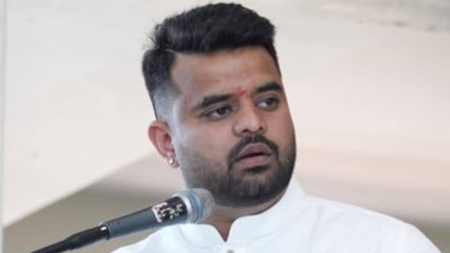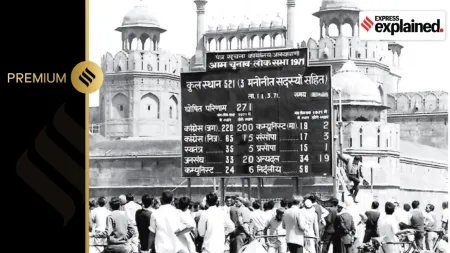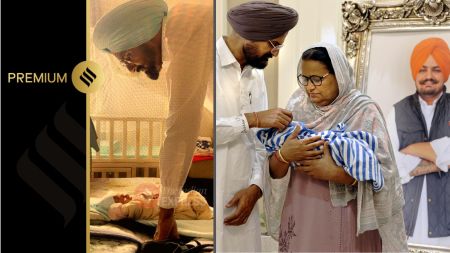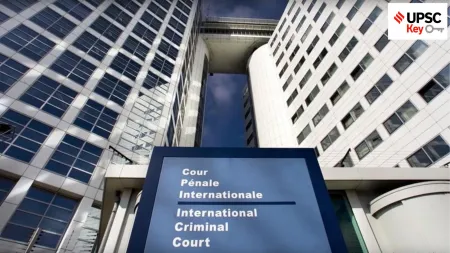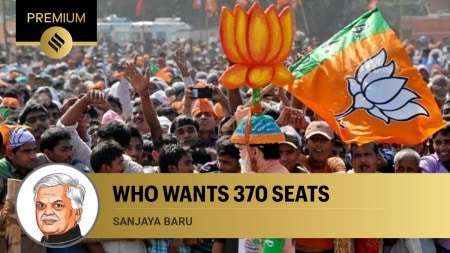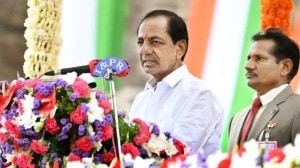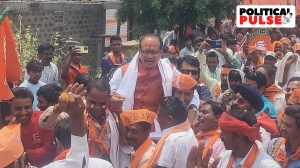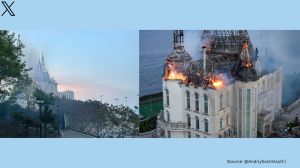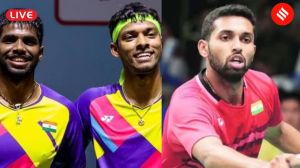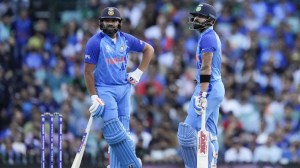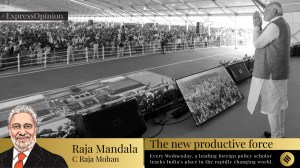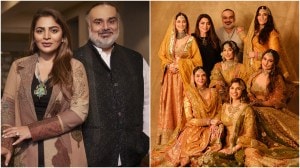- India
- International
Missing in Davos, the buzz around India that once was
Finance minister, RBI governor, Indian businessmen did a good job presenting their case but sadly it was mostly Indians who seemed interested
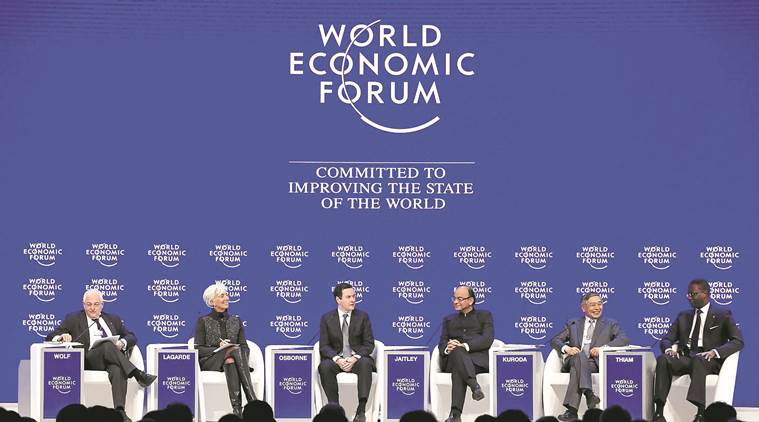 Finance Minister Arun Jaitley, Christine Lagarde, Managing Director, International Monetary Fund (IMF) and other dignitaries during a session at the World Economic Forum in Davos, Switzerland on Saturday. PTI Photo
Finance Minister Arun Jaitley, Christine Lagarde, Managing Director, International Monetary Fund (IMF) and other dignitaries during a session at the World Economic Forum in Davos, Switzerland on Saturday. PTI Photo
As I wend my way back to dear old Bharat Mata after four lovely days in snowy, sunny Davos, I find myself in a reflective mood. In the 20 years that I have been coming to the World Economic Forum (WEF) annual meeting every last week in January, I have often wondered why I continue to find this the most interesting of all conferences. There are now copycat conferences of this kind including one started by Bill Clinton in New York and more than one held annually by media houses in Delhi but there is something about Davos that sets it apart.
To tell you the truth, I am not sure exactly what it is except perhaps that every year I attend at least one session that reminds me of how backward India remains intellectually and academically. And of course economically but there is inevitably a connection. As the economist Nouriel Roubini pointed out in the NDTV Davos debate, India needs to invest in human capital. It is not good enough, he said, to have a handful of brilliant engineers and computer programmers if hundreds of millions of Indians continue to lack basic education.
Images of rural government schools came into my head as I listened. It is true that decades of criminal negligence will take time to correct but if correction does not happen India will remain in its time warp.
[related-post]
On the first day of the conference I attended a session called ‘A Brief History of Industrial Revolutions’ moderated by Niall Ferguson that reminded me painfully of how much of an academic laggard India is. This panel included professors of history and politics from Britain and the United States and the exalted level at which they discussed the theme of this year’s conference, ‘Mastering the Fourth Industrial Revolution’, reminded me painfully that it could never happen in India. I am not going to bore you with details; you can go to the WEF website and watch the whole discussion. You can go to it as well to see what is happening on the frontiers of medicine, science, environment and technology. On account of the reputation that this Davos meeting has gained in its 46 years of existence, it attracts the best minds in the world. Not just “the 1%” as leftist critics of Davos like to believe. And by the way, these same leftist critics come running to Davos when invited to receive awards for social work or achievements in music and the arts.
When Professor Klaus Schwab founded the World Economic Forum in 1971, it was with this exalted purpose of trying to make the world a better place and this is what he is still trying to do against furious opposition. Those who saw it as a club for the 1% of the richest people in the world started protesting against the Forum long ago. Sometimes they sat with placards on the promenade and sometimes they went further. One year topless women (on a very cold day) tried jumping over the security perimeter. The purpose of this protest remains mysterious. Then by 2001 leftist rage against the 1% took institutional form with the creation of the World Social Forum in Brazil’s Porto Alegre. It still gets held every year in obscurity.

So how did India fare this year? Well, the finance minister was there and spoke of the efforts the prime minister is making to drag the Indian economy out of the deep, dark pit into which it sank in the last years of Sonia-Manmohan’s second term. He did a good job of this, as did the governor of the Reserve Bank of India and Indian businessmen, but I have to sadly report that it was mostly Indians who seemed interested. That buzz around India that existed 10 years ago when the economy was growing at more than 8% has not yet returned. Is it because the global economy is itself in the doldrums? I do not know.
What disappointed me about this year’s WEF was that whenever jihadi terrorism was discussed, there was so much political correctness involved that except for once I did not hear anybody spell out the seriousness of the threat. And the man who did spell it out was the deputy prime minister of Iraq, Rowsch Shaways, who said of ISIS in so many words “they are monsters and must be destroyed”. As someone who believes that jihadi terrorism could destroy civilisation as we know it, I would have liked to hear more people speak as clearly as this. I would have liked to attend, for instance, a session in which countries that have sponsored the worldwide jihad were named and shamed. I was disappointed that this did not happen.
On my last day in Davos I woke at dawn on a freezing morning to attend the 7 am breakfast meeting of Prime Minister Nawaz Sharif. In past years many Indian businessmen and journalists have flocked to this annual event. This year I was the only Indian there. There was a seat reserved for BBC journalist Lyse Doucet but she did not come. There were mostly Pakistani delegates and their wives at this year’s breakfast and it was mostly Pakistani journalists who asked polite questions about the economy after Sharif read out a long, boring speech on how well the Pakistani economy was doing. I longed to ask a question about how men like Maulana Azhar Masood and Hafiz Saeed and the idea of economic growth could go together but did not get my chance. Kenneth Roth of Human Rights Watch asked the only political question and it was about the number of executions that had taken place in recent months. The prime minister said he had come to Davos to talk of other things but was ready to admit that military trials had become necessary after the attack on the school in Peshawar a year ago.
In India we know well that if Pakistan is a victim of jihadi terrorism it has itself to blame but if Sharif can come to Davos and talk of economic things then it is possibly good news. At least we must hope it is. May I end by saying that it is also my fervent hope that by Davos 2017, India becomes the flavour of the conference like it once was before our former government revived economic policies that took us back to “socialist” times?
May 01: Latest News
- 01
- 02
- 03
- 04
- 05


